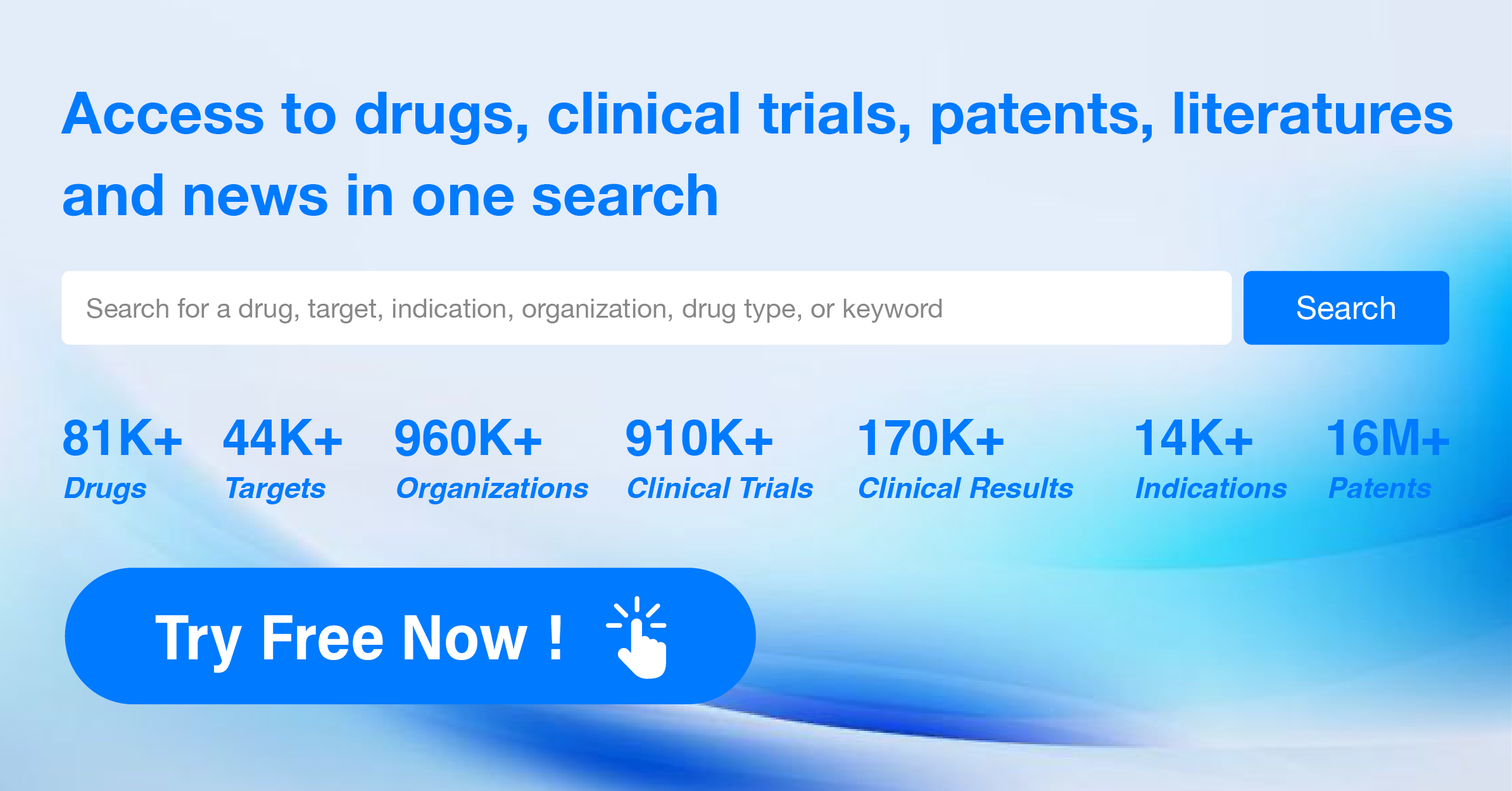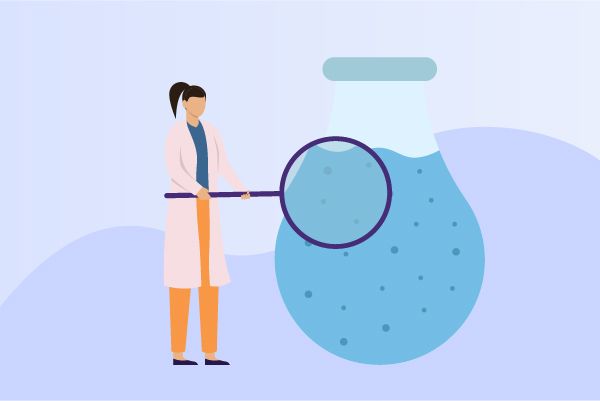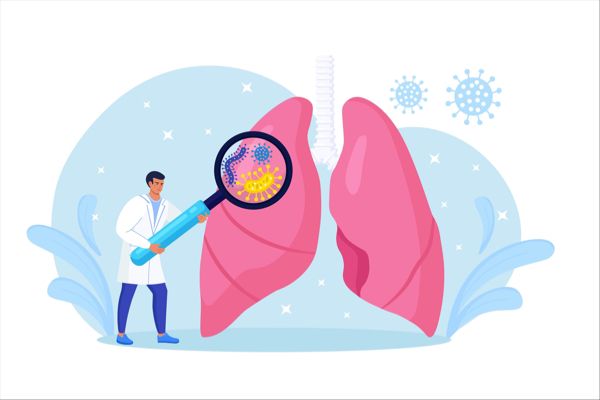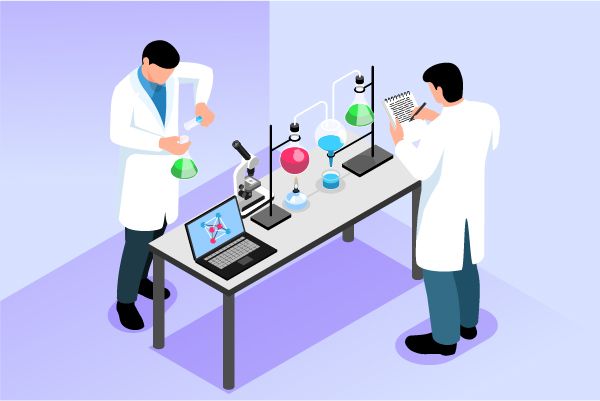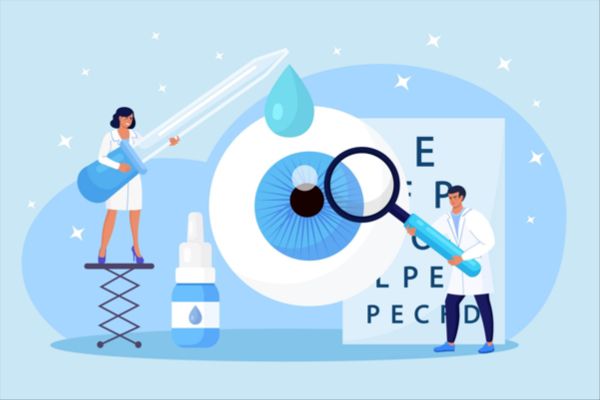What is Drug Monitoringa?
Drug monitoring, in the context of healthcare and pharmacology, refers to the process of tracking and evaluating the use, safety, efficacy, and overall impact of medications in clinical practice.
This can encompass several key aspects:
·Therapeutic Drug Monitoring (TDM): This involves measuring the concentration of a drug in a patient's blood or other biological samples to ensure it remains within a therapeutic window, which is the range considered effective and safe. TDM is particularly important for drugs with narrow therapeutic indices, where small changes in dosage can lead to significant shifts between therapeutic effects and toxicity.
·Pharmacovigilance: This is the science and activities related to the detection, assessment, understanding, and prevention of adverse effects or any other drug-related problems. It includes post-marketing surveillance to identify and minimize risks associated with pharmaceutical products.
·Drug Utilization Evaluation (DUE): This is a systematic process that aims to evaluate and improve the appropriateness, safety, and effectiveness of medication use in a healthcare setting. DUE helps to optimize drug therapy and reduce unnecessary variations in practice.
·Compliance and Adherence Monitoring: Ensuring that patients are taking their medications as prescribed and understanding the reasons for non-adherence are crucial for effective treatment outcomes.
·Drug Safety and Efficacy Trials: Ongoing and post-marketing clinical trials that assess the safety and efficacy of drugs in real-world conditions, contributing to the body of knowledge about the drug's long-term effects and best use.
·Regulatory Oversight: Regulatory agencies like the U.S. Food and Drug Administration (FDA) and the European Medicines Agency (EMA) monitor drug safety and efficacy, review reports of adverse events, and may require additional studies or label changes based on new findings.
·Formulary Management: In healthcare institutions, committees may monitor drug use and costs to ensure that the formulary (the list of approved drugs) reflects evidence-based practices and manages healthcare expenditures.
Drug monitoring is essential for safeguarding patient health, improving clinical outcomes, and contributing to the overall quality and safety of healthcare services. It is a dynamic process that adapts to new research findings, changing clinical practices, and evolving patient needs.
